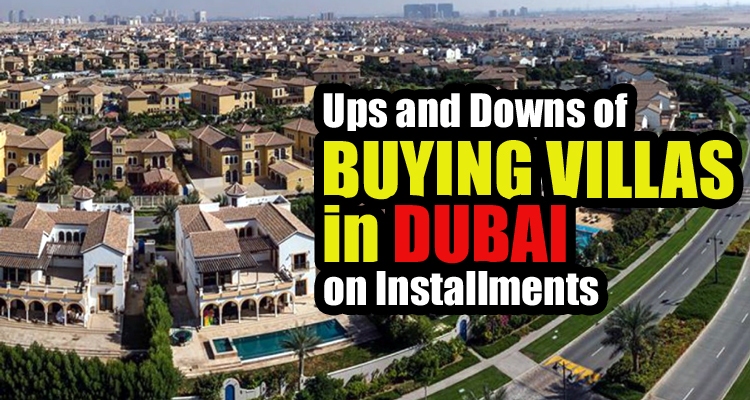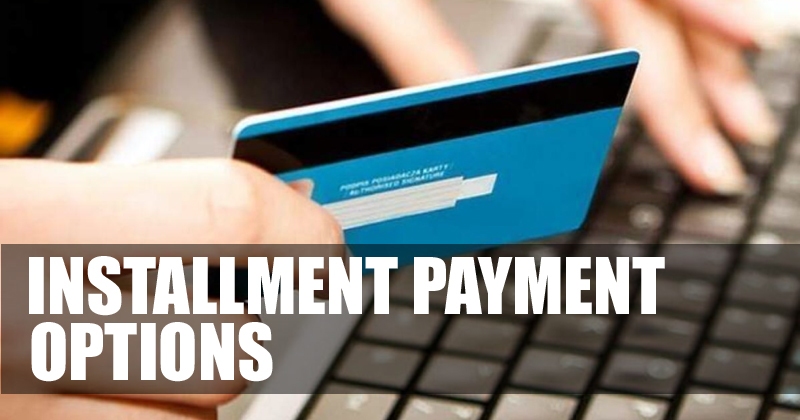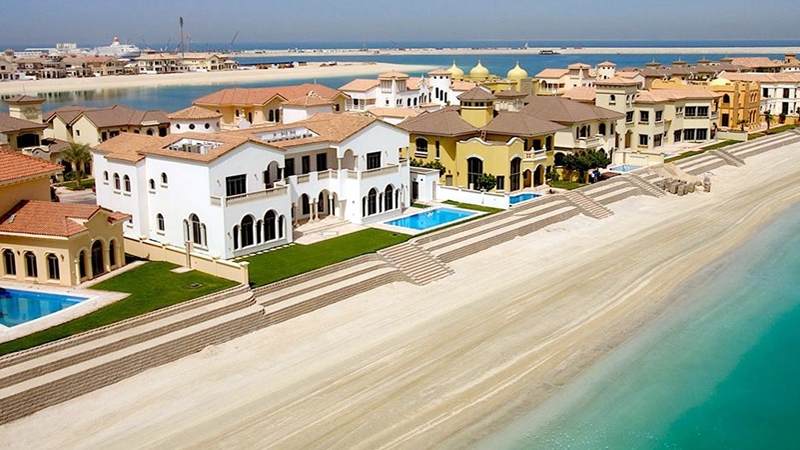The Upside and Downsides of Buying Villa in Dubai on Installments
There are many questions concerning the advantages and disadvantages of buying villa in Dubai on installments. Or what is the best option between buying properties upfront (in cash) or buying on installment. Indeed, where one can afford it, installment payments are often not necessary. But then it is important to know which is best; could it be paid on installment? Or cash?
According to emirates.estate, an investigation reveals that there is no one size fits all payment method regarding buying villas in Dubai. It is the financial prowess of the parties, their negotiation powers, and the terms of an agreement that will determine the most suitable payment method.
Also Read: Apartments or Villa in Dubai: What should you Buy?
Types of Installment Payment Options
Generally, there are four (4) types of installment payment options in the Dubai real estate industry:
1. Post-Handover payment
This payment plan allows the buyer to receive possession of the property before they pay. It is a payment plan that becomes payable once the property is handed over to the proposed buyer. Its merits include convenience. The buyer can move in, enjoy the property, or rent it out and use the accrued monies to service the payment plan.
2. 10 over 90 payment plan
this is a mortgage plan where the buyer deposits 10% of the total value at the inception of the purchase while the remainder is paid at an agreed rate or pattern until the outstanding is completely defrayed.
3. Pre-handover Payment
In this case, payment comes before the handover. However, in most cases, no full payment is required, but only a major fraction such as 60%, 50%, etc. When the original pre-handover sum is paid, the defendant is put in possession while he pays the rest in installments.
4. Rent to Own Payment
This functions like a typical mortgage that allows you to pay on a rent basis for an agreed period until all of the debt is sorted.
Also Read: 10 Steps Complete Guide to Rent a Villa in Dubai
Pros and Cons of Buying Villa in Dubai on Installments
Here we are going to mention the pros and cons of buying Property on installments vs. Cash.
Ups and Downs of Buying a Villa in Dubai on Cash
Following are the advantages and disadvantages of buying a villa in Dubai on Cash.
The upsides of buying a villa in Dubai under a cash transaction include:
- Full ownership is transferred immediately pending the approval of title deeds.
- No buts or uncertainties as you can do whatsoever you please upon transfer.
- You can resell, pledge, use the villa as collateral or convert it into commercial use as the case may be.
The downsides of cash transactions over real estate include the following:
- Maintenance cost rests on you entirely upon the complete/ full transfer of ownership.
- Real estate is capital intensive, and such a purchase may disrupt your income and cause a financial impediment.
- Many people cannot afford to buy properties out of their savings so they end up taking loans to complete the purchase, meanwhile, loans and mortgages come at extra cost because interest rates and admin charges will be charged too.
But that is not always the case, over 60% of real estate dealers purchase properties under installment plans; the reasons for this are obvious, due to economic realities, people often cannot afford to pay all at once. With the current rates, one would have to be extremely buoyant to buy houses for sale in Palm Jumeirah on a cash basis.
Also Checkout: 10 Reasons to Invest in Dubai Real Estate
Ups and Downs of Buying a Villa in Dubai on Installments
Following are the advantages and disadvantages of buying a villa in Dubai on installments.
The upsides of buying a villa in the UAE under an installment payment plan:
- It is easier and more accessible: this payment method is available to more people and makes it easier to own and invest in real estate. Buyers often key into it to be able to buy real estate.
- It preserves the cost of maintenance as the developer remains the maintainer until ownership is officially and completely transferred.
- It makes way for an alternative as in most cases, one can compound the deal, let it go, or forfeit the downpayment if they decide it is not worth the purchase.
- It is cheaper because the agreement is done on the current value of a building, and that remains binding even if the value of real estate increases before the sale is finalized.
The biggest downside of buying on installment, however, is that it often attracts interest rates. So, although you pay under convenient terms, you invariably pay more. So back to the question, which is best? It all depends on you and your pocket. Both options are fantastic because real estate is an ever-profiting industry. Just make sure to discuss and peruse the terms of your agreement very carefully.






